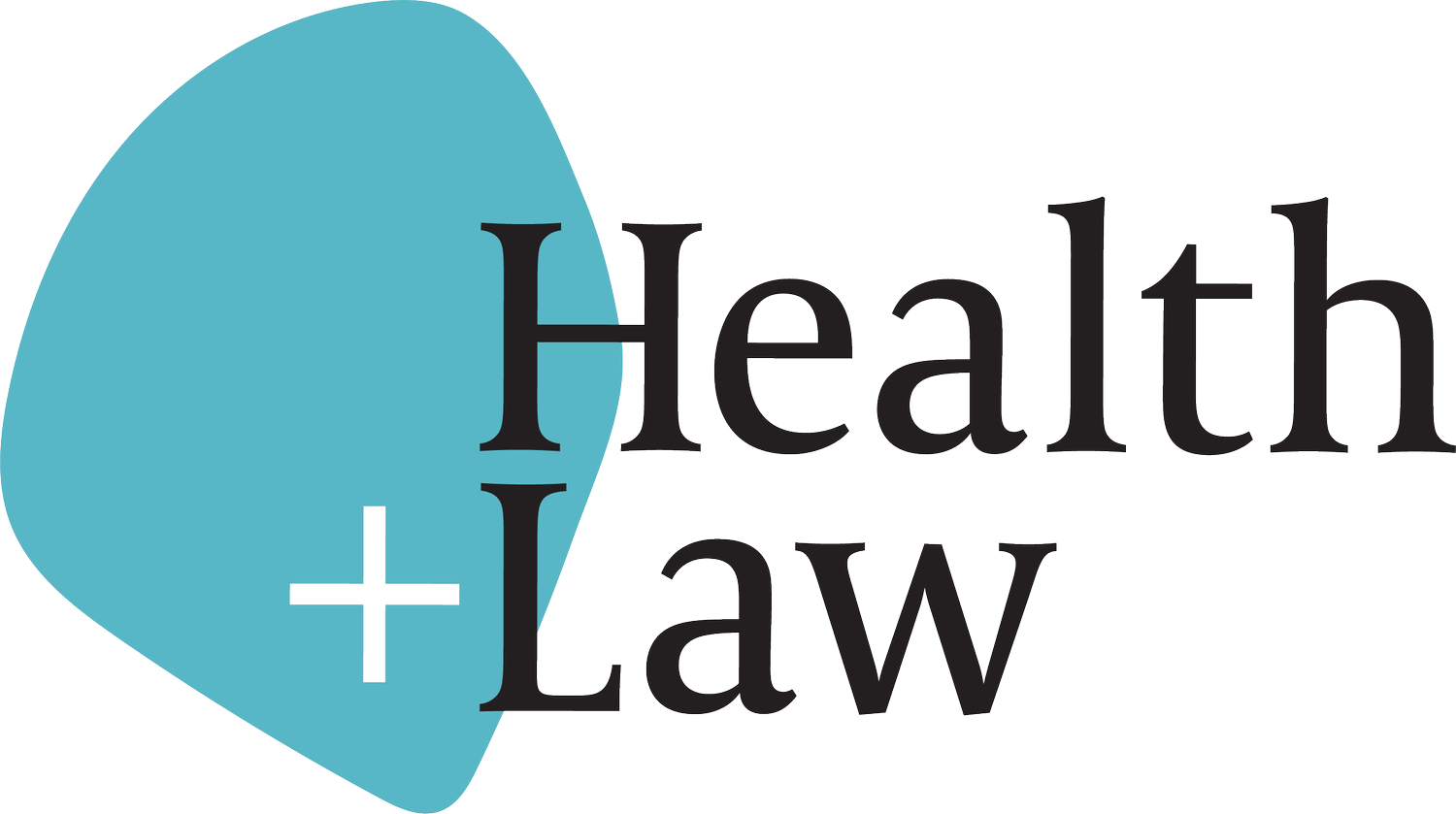Interview with Salma Safi, PEACE Multicultural Services peer support worker and Health+Law peer research worker
December 2023
Health+Law met with PEACE Multicultural Services in Adelaide after an introduction by Hepatitis SA. Over the weeks that followed, PEACE peer support worker Salma Safi worked closely with Health+Law to recruit, coordinate and support Legal Needs Study (LeNS) participants through the interview process. Salma has joined the Health+Law team as a valued peer research worker and shared with us a part of her story and her hopes for the future.
Can you tell us about your role as a Peer Support Worker at PEACE Multicultural Services?
As a Peer Support Worker at PEACE, I bring a deep understanding of diverse backgrounds, fostering trust and connection. My shared cultural experiences create a safe space for clients, ensuring personalised support that resonates. I empathise with the unique challenges individuals and communities face, offering not just assistance but also a sense of belonging.
I support my clients through reducing language and cultural barriers, identifying and addressing stigma, and empowering them to navigate the health system. PEACE Multicultural Services has given me the platform to do just that and to use my experience to inspire and educate clients to live healthy lives.
What drew you to this role? What do you most enjoy about it?
My natural empathy and compassion drew me to this role, knowing that I could support others in difficult times by using my personal experiences. I also find my role very meaningful and fulfilling as it allows me to contribute to the well-being of multicultural communities. Peer support work involves continuous learning and personal growth. I enjoy the opportunity to expand my knowledge and skills as well as build connections and relationships with clients and multicultural community members.
Can you tell us a little about your experience immigrating to Australia from Afghanistan?
Before immigrating to Australia, my dad looked into my eyes and told me that I might have ‘zeera’, which translates to hepatitis in my language, Pashto. I did not have a medical diagnosis and was not aware what it meant to have ‘zeera’.
My dad treated me with home remedies as that’s what people still do back home and believe them to be the treatment/cure for hepatitis. I was told to separate my towel and drinking cup and not to share bed or food with anyone even in the house so that it doesn’t spread to anyone else. Whereas when I came to Australia, I was formally diagnosed with hepatitis B through a blood test and was referred to a doctor at the Women’s and Children’s Hospital as a young child for regular checkups & appointments. The doctor also educated my family about hepatitis B transmission, which eventually changed their perception, and I was able to live a normal life without any misconceptions. My life would have been way different if I was still living in Afghanistan as there was no such health system.
How was your experience working with Health+Law on the Legal Needs Study? Was it your first time working with a research partnership?
It was my first time being involved in a research project conducted by an educational institute. It was a great opportunity for me to work with the experienced team at Health+Law. The Legal Needs Study allowed me to get an insight into the gaps and challenges that multicultural people face when accessing the healthcare system. It allowed me to grow as a professional and improved my knowledge around how to better support multicultural communities. As a peer support worker, it helped me to identify areas for improvement in my practice and to enable multicultural clients to achieve the best outcomes.
What are your hopes or dreams for the future?
One of my hopes as a peer support worker is to foster empowered and resilient communities where individuals feel supported and capable of overcoming challenges. I would like to continue to advocate for clients and contribute towards making services and healthcare prioritise cultural competence and offer culturally appropriate health information in different languages. Additionally, I hope there are more resources allocated towards awareness campaigns for multicultural communities to help reduce stigma and to develop a supportive and inclusive system.
A Service of Relationships Australia SA, PEACE Multicultural Services supports migrants and refugees, free of charge, to lead independent, healthy lives in Australia.


